9 Black women who made history in the world of dance
From Solange Knowles to Josephine Baker, Black women have been breaking the mold in the field of dance for generations.
Over the last decade, Black women have made some major strides in dance.
In 2015, Misty Copeland made history when she became the first Black principal dancer in the American Ballet Theatre’s 75-year history and the first Black ballerina ever to perform in “Swan Lake” at the Metropolitan Opera House.
Five years later, thanks in large part to Copeland’s urging and other Black dancers, ballet shoemakers finally started manufacturing ballet slippers and pointe shoes in brown skin tone shades. Roughly two years later, Solange Knowles became the first Black woman to score a production for the New York City Ballet.
More and more diverse dancers are becoming household names every day. However, none of this progress would have been possible without some of the industry’s Black trailblazers.
From Copeland to Katherine Dunham to Lula Washington, Black women have been breaking the mold in dance for generations. In honor of Women’s History Month, below we’ve gathered a list of some of the dance industry’s most celebrated Black women trailblazers.
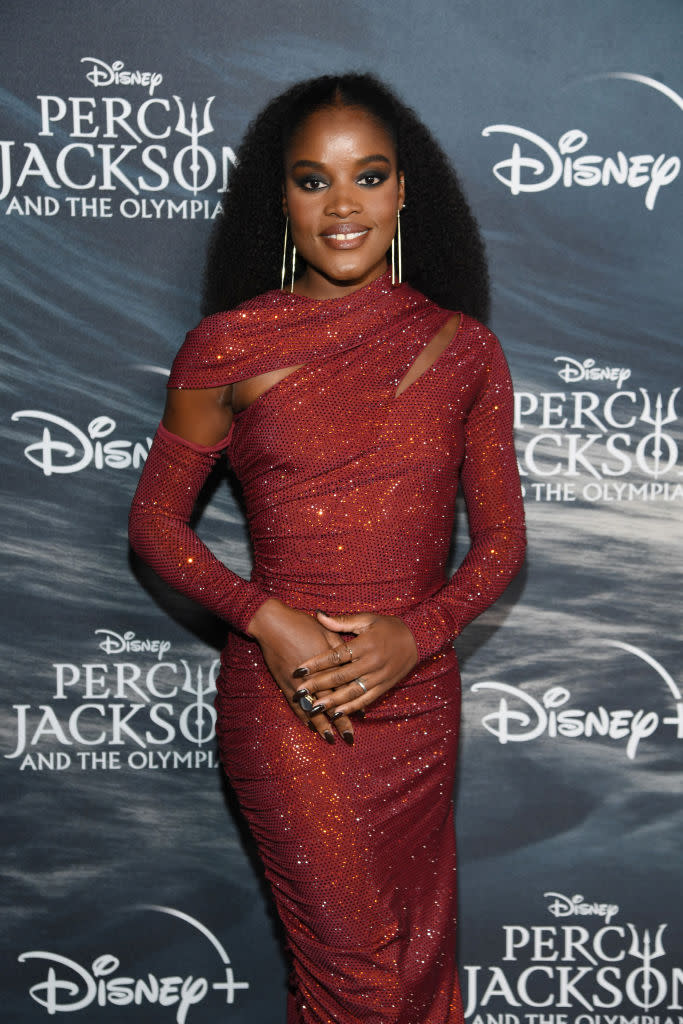
Ingrid Silva
Afro-Brazilian dancer Ingrid Silva has advocated for more diversity in ballet and inspired younger generations during her roughly 10 years with the Dance Theatre of Harlem. She has appeared in campaigns alongside stars like Serena Williams and Alicia Keys. Silva made history in 2017 when she became the first African-Brazilian to cover Pointe Magazine. In 2020, Silva managed to dance through her entire first pregnancy and returned to the art form postpartum.
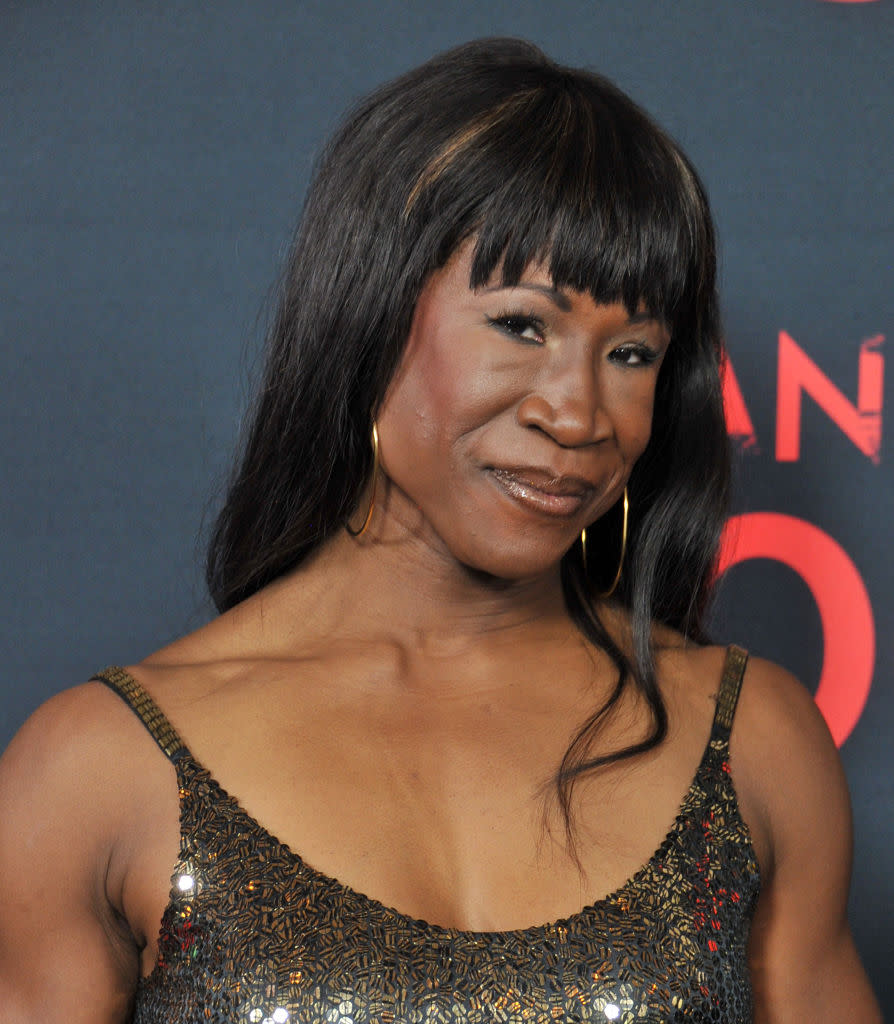
Lauren Anderson
When Lauren Anderson became the principal dancer of the Houston Ballet in 1990, she was the first Black woman in the company’s history and one of the first Black dancers to hold the position in the world. Dancing with the Houston Ballet from 1983 to 2006, the Houston native performed leading roles in major classics all over the world. She retired from dance, which she referred to as a “great love affair,” in 2009. In 2016, the pointe shoes she wore during her final performance were placed in the Smithsonian’s National Museum of African American History and Culture in Washington, D.C.
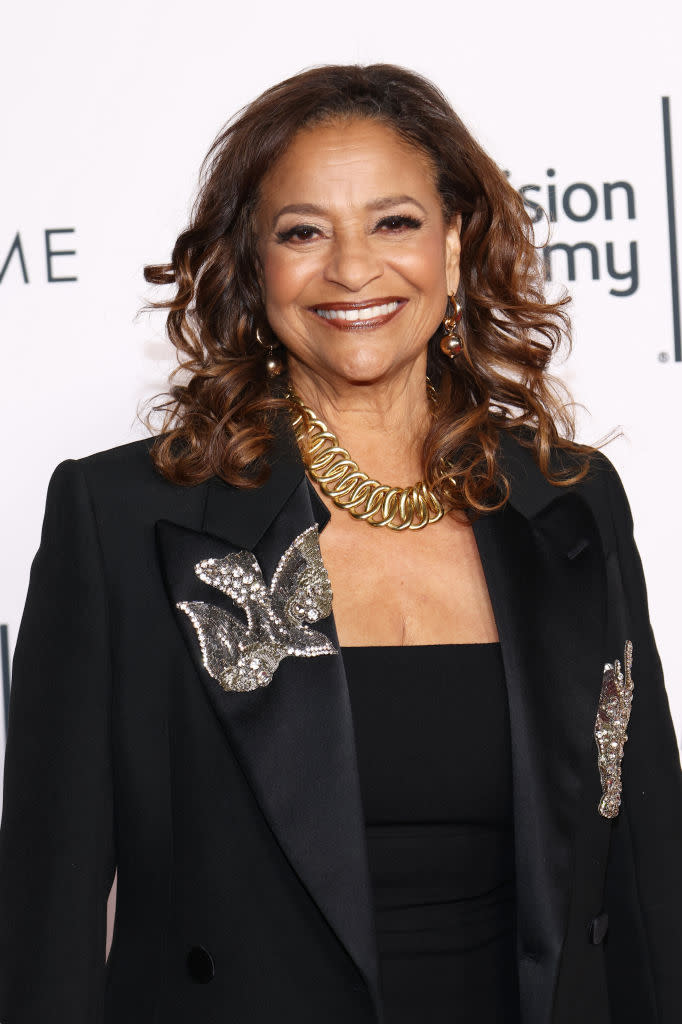
Debbie Allen
The award-winning legendary dancer, choreographer, actress, singer, and producer Debbie Allen hardly needs an introduction. In 1983, Allen became the first Black woman to win a Golden Globe for her role as Lydia Grant in the hit musical series “Fame.” She started dancing at the age of 3 and went on to have an illustrious career choreographing for major productions and huge stars, including Mariah Carey and Janet Jackson. In 2001, she opened the Debbie Allen Dance Academy in Los Angeles, where she still teaches dancers of the next generation.
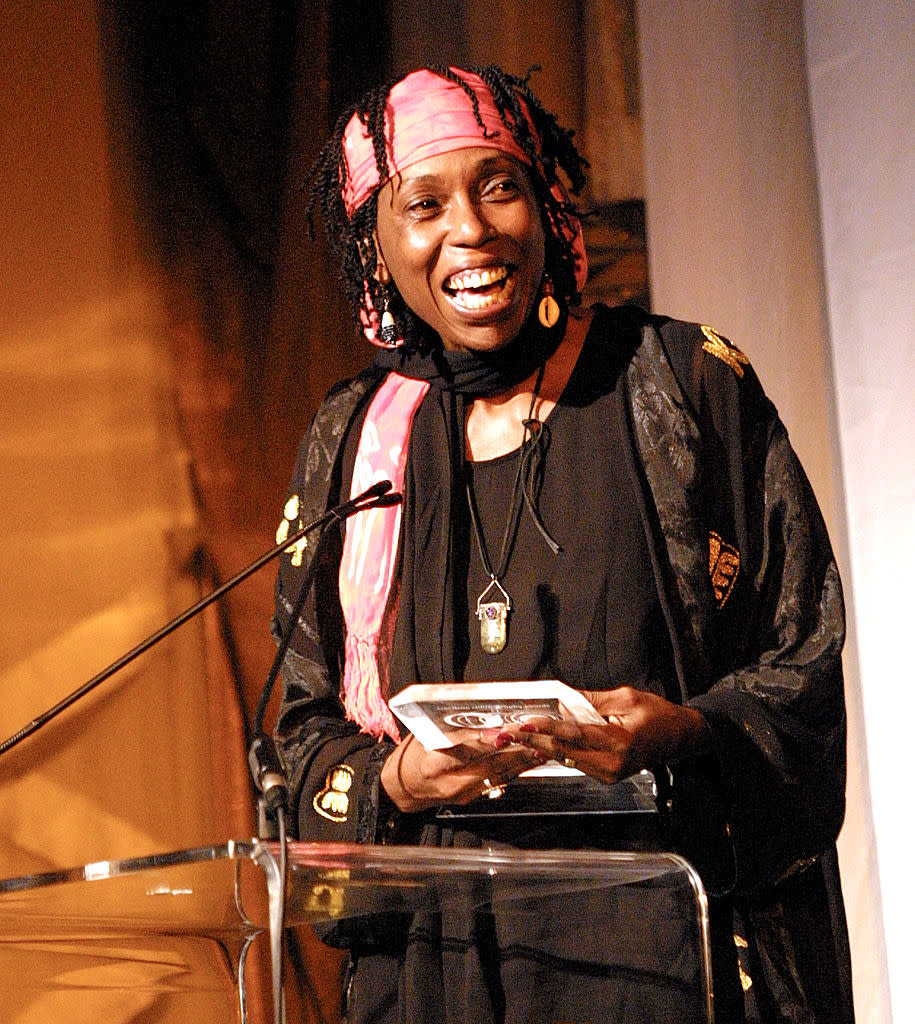
Lula Washington
Once a nursing student, Lula Washington, inspired by a chance opportunity to see Alvin Ailey’s dance company, pursued a career in dance. Having never taken a single lesson, she was initially rejected by UCLA. She appealed the decision and was eventually admitted. After graduation, in 1980, Washington founded one of the nation’s premier modern Black dance companies, the Lula Washington Dance Theatre.
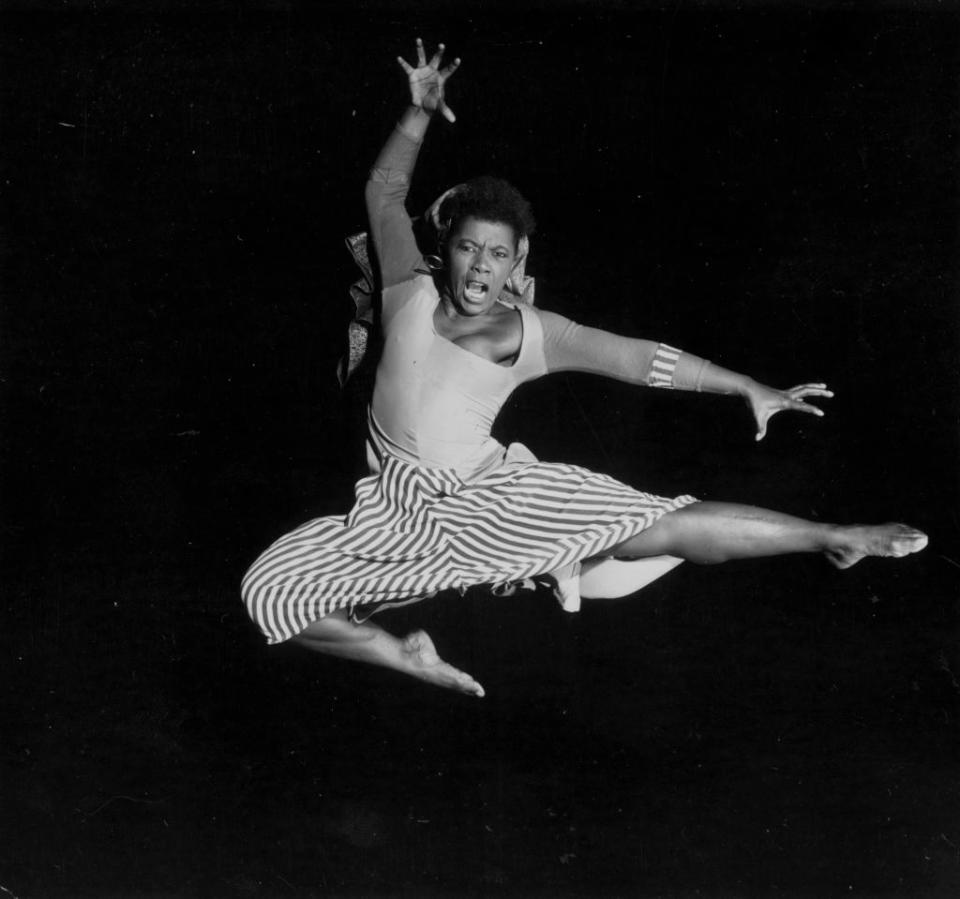
Pearl Primus
Known and lauded for her unique dance style that included high energy, physically daring moves, including jumping up to five feet in the air, dancer and choreographer Pearl Primus is among those who spearheaded the study of African dance. Primus, who died in 1994, founded her own dance company in 1946, studied anthropology, and taught at various prestigious colleges.
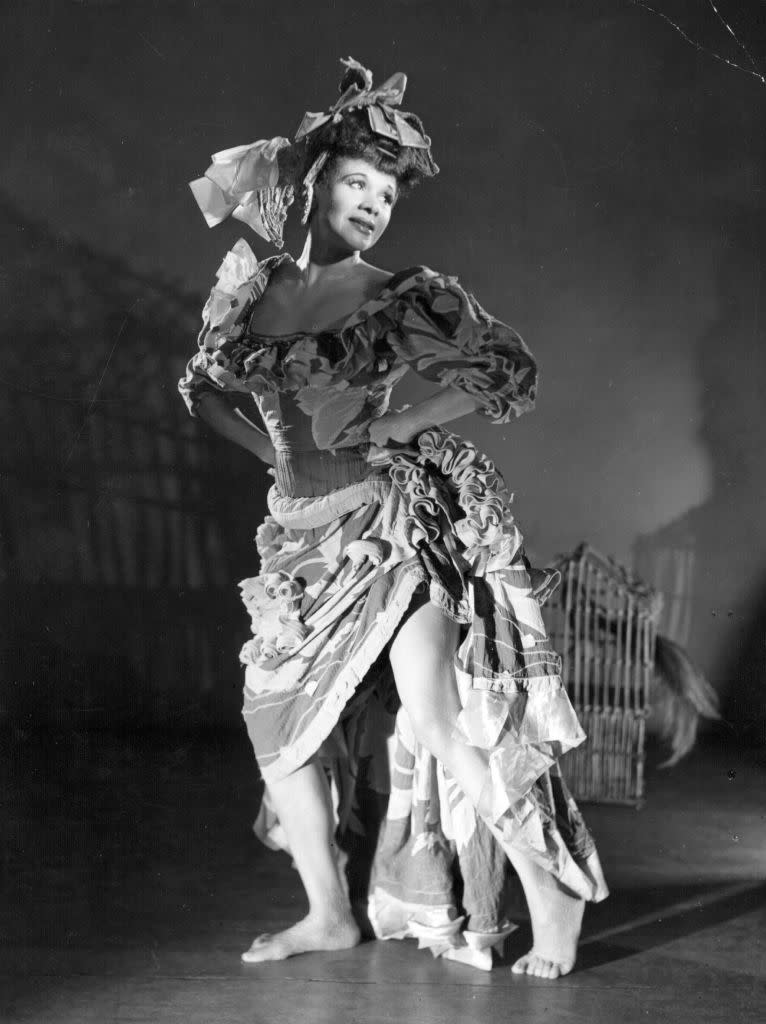
Katherine Dunham
The “matriarch” of Black dance, Katherine Dunham, was a dancer and choreographer and the first to open a Black dance company in the 1930s that performed all over the world. Dunham’s choreography was well known and celebrated for blending Black dance from around the world, including Africa, the Caribbean, and South America, with ballet. She founded a dance school in the 1940s and went on to win several impressive art awards before her passing in 2006, including the National Medal of the Arts, the Albert Schweitzer Music Award, Kennedy Center Honors, and decorations from the French and Haitian governments.
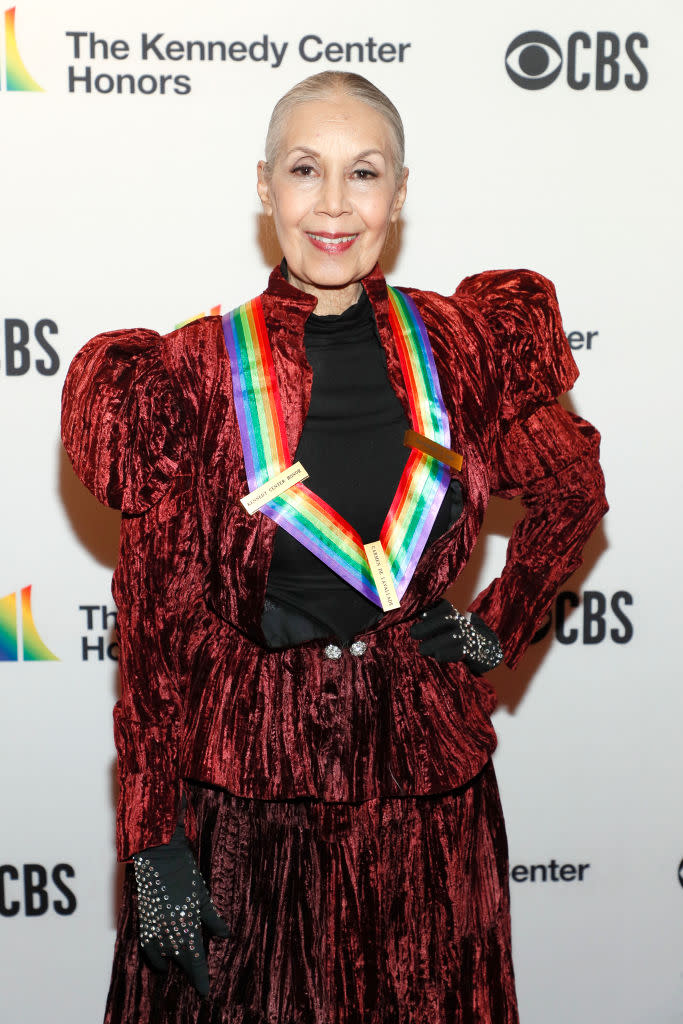
Carmen de Lavallade
Carmen de Lavallade is a dancer and choreographer who rose to fame in the 1950s and made history as one of the first Black performers to ever dance at the Metropolitan Opera House. She led a glamorous life that included staging musicals, plays, and operas, becoming a professor at Yale in the 1970s, and maintaining an iconic 59-year marriage to the late actor and dancer Geoffrey Holder. Ten years ago, shortly after Holder’s death, de Lavallade performed a one-woman show at the Kennedy Center that chronicled her life and rise in dance.
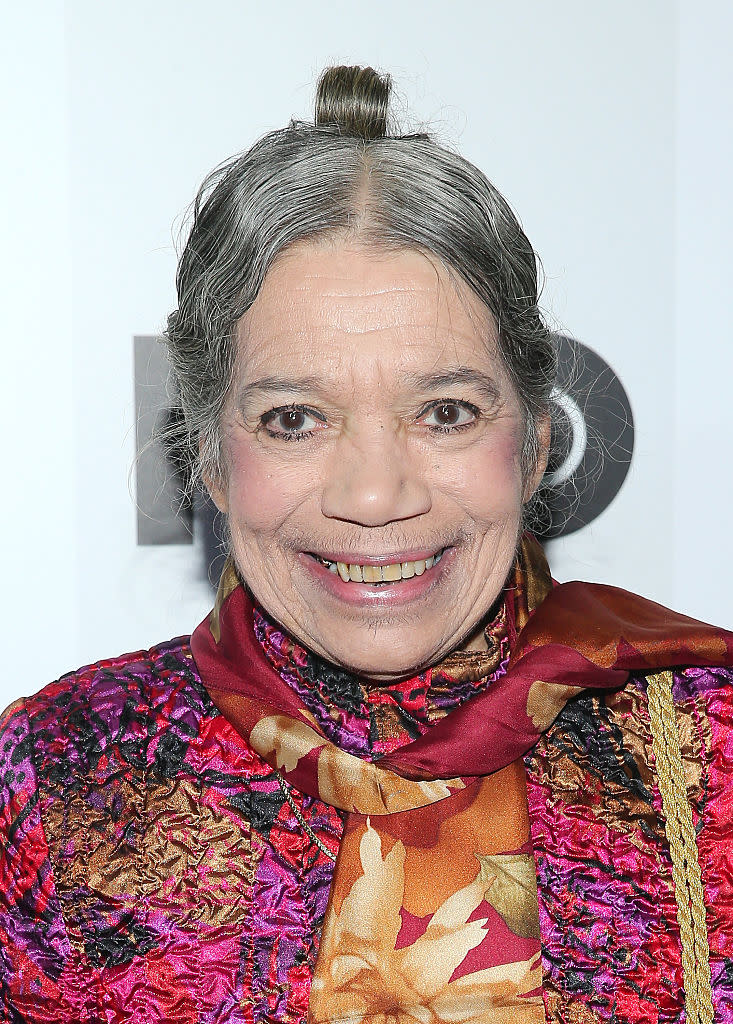
Raven Wilkinson
The first Black woman to ever dance with a major dance company full time was the late Raven Wilkinson, who danced for the Ballet Russe de Monte Carlo in the 1950s. While dancing with the company during the Jim Crow era, Wilkinson faced considerable challenges, especially when the dancers toured in the segregated South; however, she never backed down or hid behind her fair complexion. She has inspired countless Black dancers for generations to come. Later on in life, Wilkinson, who died in 2018, even served as a mentor to Copeland.
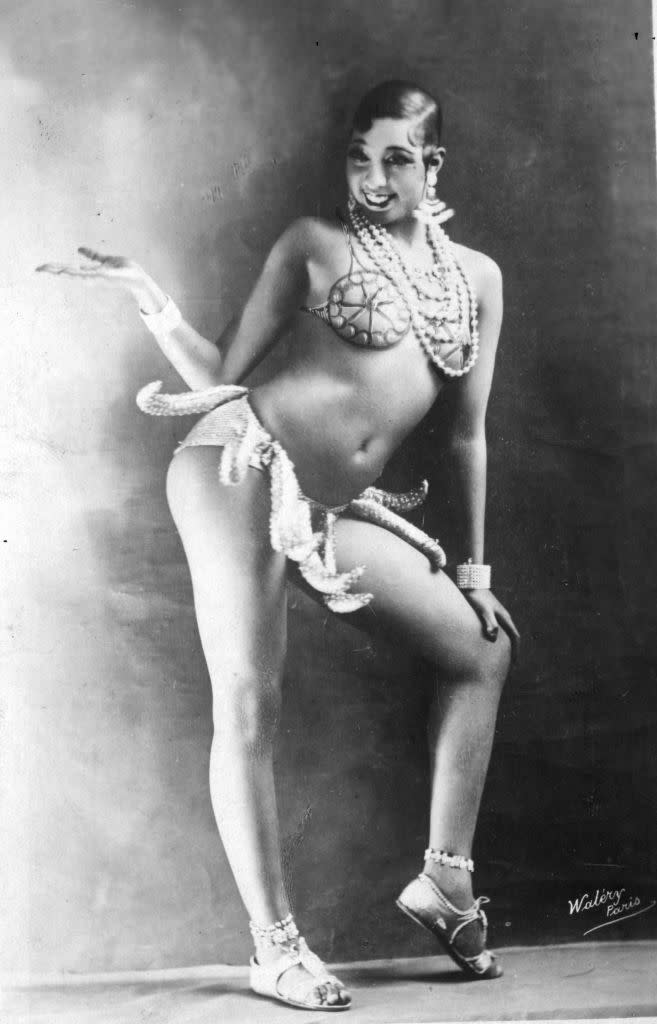
Josephine Baker
Before Beyoncé was one of the world’s most famous Black women, there was Josephine Baker, who is often credited for being the first Black international celebrity. Baker did more than just dance on some of Europe’s and France’s biggest stages (often scantily clad and during the Jazz Age). The dancer and singer led an extraordinary life filled with glamour that included many suitors. Some of her undertakings included spying on the Germans for the French during World War II, adopting 12 children from around the world, and engaging in fierce activism for Black Americans. At one point, Coretta Scott King asked her if she would take over as leader of the Civil Rights Movement after Martin Luther King Jr.’s death, but she declined because she had children. In later years, the star fell on hard times until she rebounded with the help of Princess Grace of Monaco, who got her back on the stage. At the time of her passing in 1975, Baker had become one of the wealthiest Black women in the world, with a net worth of $1 million.
Kay Wicker is a lifestyle writer for theGrio covering health, wellness, travel, beauty, fashion, and the myriad ways Black people live and enjoy their lives. She has previously created content for magazines, newspapers, and digital brands.
Never miss a beat: Get our daily stories straight to your inbox with theGrio’s newsletter.
The post 9 Black women who made history in the world of dance appeared first on TheGrio.
